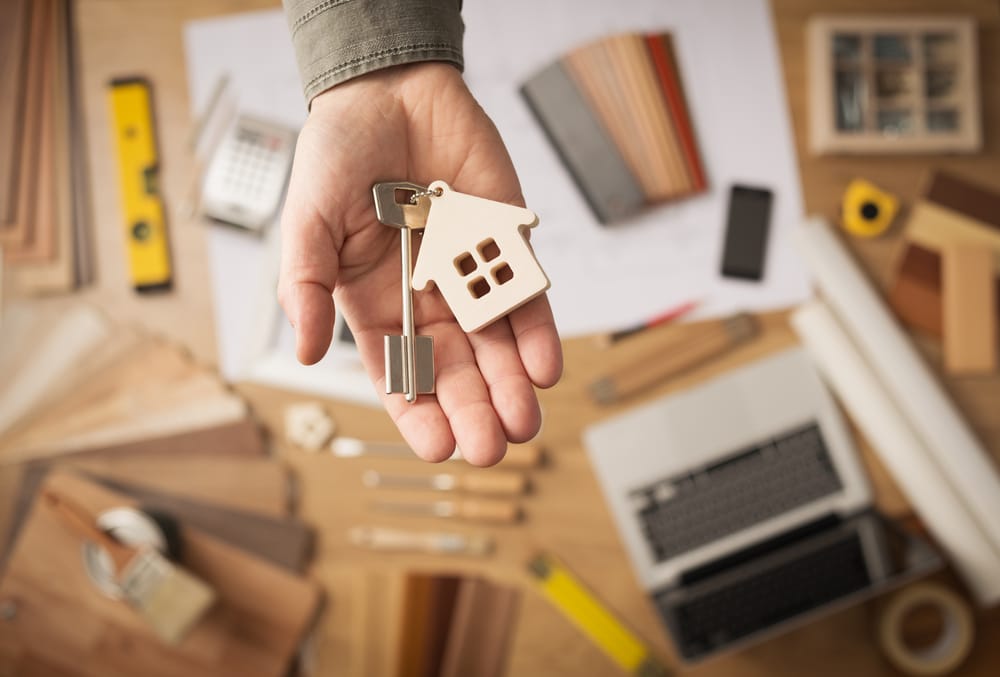Building elevators are essential for accessibility, especially in multi-story apartment complexes. However, elevators do break down from time to time, leaving tenants without this important amenity. Property owners have a responsibility to repair elevators in a timely manner. But what recourse do tenants have if the elevator remains broken for an extended period?
Can You Sue an Apartment Complex for a Broken Elevator?
If an apartment complex fails to repair an elevator for an unreasonable length of time, tenants may be able to take legal action against the property owner. Under both federal disability laws and local housing codes, landlords are required to provide working elevator service when it is necessary.
What Are a fo Landlord's Responsibilitiesr Elevator Repairs?

Many municipal housing codes, such as San Francisco's, require apartment buildings over a certain height to have functioning elevator service. The San Francisco Housing Code specifically states that buildings over 50 feet tall that are required to have an elevator per the Fire Code must maintain at least one operational elevator for tenants.
Failure to do so constitutes a substandard living condition. Landlords are responsible for carrying out repairs in a timely manner when elevators break down.
Related: Who Is Responsible For Vandalism Landlord Or Tenant?
What Steps Should Tenants Take if the Elevator Remains Broken?
If an elevator remains out of service for an extended period with no end in sight, tenants should take specific steps. They should first notify the landlord in writing about the issue and request that repairs be made promptly. Keep documentation of these communications.
Tenants can then file a complaint with the local Housing Inspector, who will inspect and issue notices of violation if codes are broken. Disabled or elderly tenants trapped in their apartments may have additional rights under the ADA.
Can Tenants Withhold Rent Over Elevator Issues?
In limited circumstances, tenants may be able to withhold a portion of rent if habitability issues like a broken elevator are not addressed. However, rent withholding should only be done as a last resort after following proper legal process.
It's best to consult with a local tenants rights attorney first to determine the specific process and protections in the local area. Tenants who improperly withhold rent risk eviction.
What Other Legal Remedies Do Tenants Have?
If the landlord still fails to repair the elevator after an inspection, tenants have two main additional legal options. First, they can sue the landlord in small claims court for a rent reduction due to the decrease in housing services provided. Judgements in small claims usually range between $3,000-$5,000.
Second, tenants can seek an injunction through Superior Court requiring the landlord to make repairs, with additional penalties possible for noncompliance.
Does the Length of the Elevator Breakdown Matter?
In evaluating claims over elevator repairs, courts will consider whether the length of time the elevator was broken is deemed "reasonable." Short-term breakdowns for maintenance or minor issues are usually allowed. But multi-week or multi-month failures to restore service, especially those impacting elderly or disabled tenants, will likely not be viewed as reasonable by courts.
The longer tenants are trapped on certain floors, the stronger a legal case they may have.
What Damages May Tenants Recover?
If tenants receive a favorable judgment or settlement over an extended elevator breakdown, they may recover rent reductions to compensate for the lost housing amenity and decreased property value during that time.
Damages for things like additional utility costs from having to walk up and down stairs or inability to leave the apartment may also be available. Punitive damages can potentially be awarded in egregious circumstances or if the landlord violated a court order to repair.
Conclusion
In conclusion, while routine maintenance issues may be unavoidable, apartment landlords have a clear duty under the law to maintain functioning elevators when required. Prolonged failures to repair that trap tenants on floors may give rise to lawsuits seeking rent reductions, injunctions, or money damages in some situations under relevant housing codes and tenant protection laws.
With the proper evidence and legal process, tenants do have avenues to hold landlords accountable through the courts if elevator repairs are unreasonably delayed.





